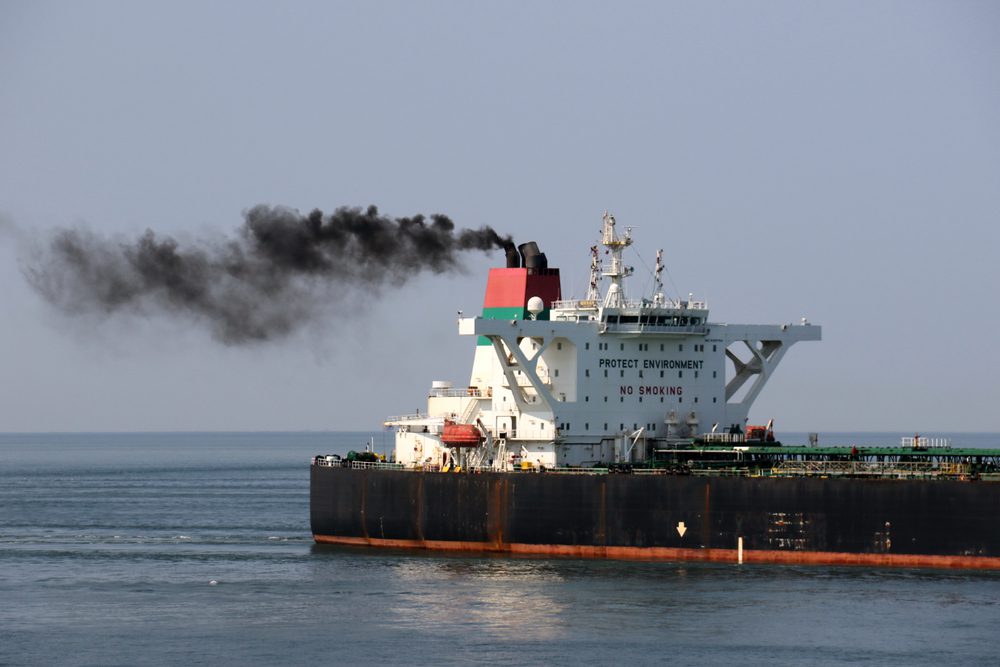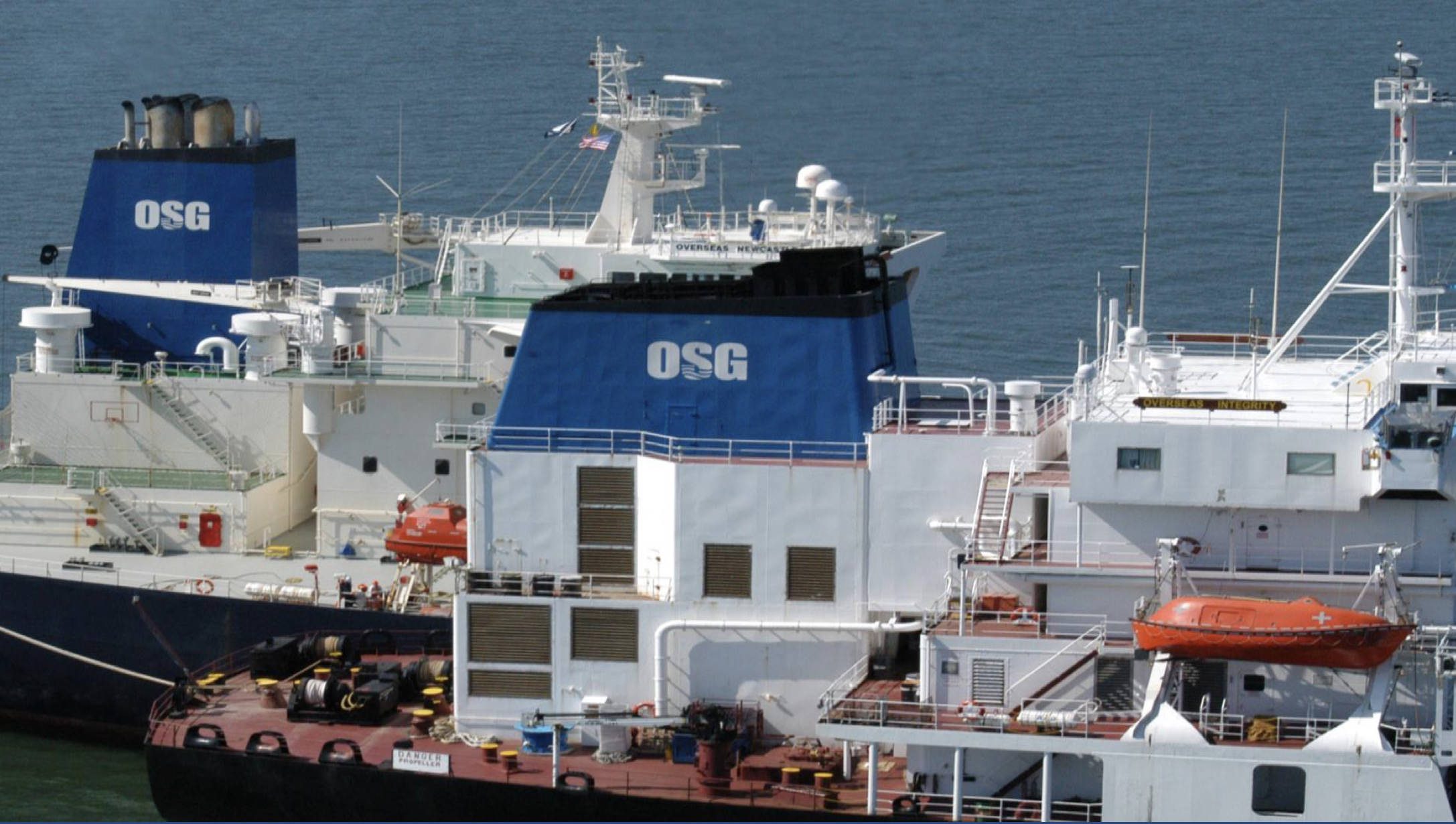MartinLueke / Shutterstock.com
By Jack Wittels and Alex Longley (Bloomberg) — In fewer than 12 months’ time, thousands of merchant ships are going to start burning fuel containing higher concentrations of sulfur. That’s a quirky outcome of rules that are supposed to cut emissions of the pollutant.
How and why will this happen? The rules, set out by the International Maritime Organization back in October 2016, allow owners to fit exhaust-cleaning kit called scrubbers, which stop sulfur oxide from being released into the air.
The ships with these scrubbers will be able to keep burning today’s cheaper, higher-sulfur fuels. However, most of the fleet is simply switching to alternatives that contain less of the pollutant.
Because the vast majority of the fleet won’t use scrubbers, the world’s refineries will need to make fuels that contain less sulfur — and one way of doing so is by taking out blending components that serve to reduce the sulfur in today’s product. FACTS Global Energy, an industry consultant, estimates that from 2020, high-sulfur fuel oil will likely contain closer to 3 percent of the pollutant, up from about 2.6 percent today.
Premiums for compliant fuels in 2020 have been tumbling in recent months as easing supply concerns dim the appeal of scrubbers. However, at least 1,700 often-larger ships will be fitted with the equipment.
While the use of scrubbers has proved controversial, drawing criticism from environmental groups and some owners, it remains to be seen whether more sulfurous fuel would do any damage to aquatic life. Critics say that using the equipment transfers pollution from the skies to the seas. Some countries, such as Singapore, have banned vessels from using the systems. The companies installing scrubbers say the process poses no threat to the oceans.
Sulfur emissions from shipping are being reduced to 0.5 percent from 3.5 percent in most parts of the world in order to combat human health conditions like asthma, as well as environmental concerns like acid rain.
© 2019 Bloomberg L.P
Unlock Exclusive Insights Today!
Join the gCaptain Club for curated content, insider opinions, and vibrant community discussions.

 Join The Club
Join The Club







![A screengrab of a map showing an earthquake Mindanao, Philippines on Dec 2, 2023. (Image: US Geological Survey [USGS])](https://gcaptain.com/wp-content/uploads/2023/12/Screenshot-2023-12-02-at-10.45.17-AM-copy.png.webp)





